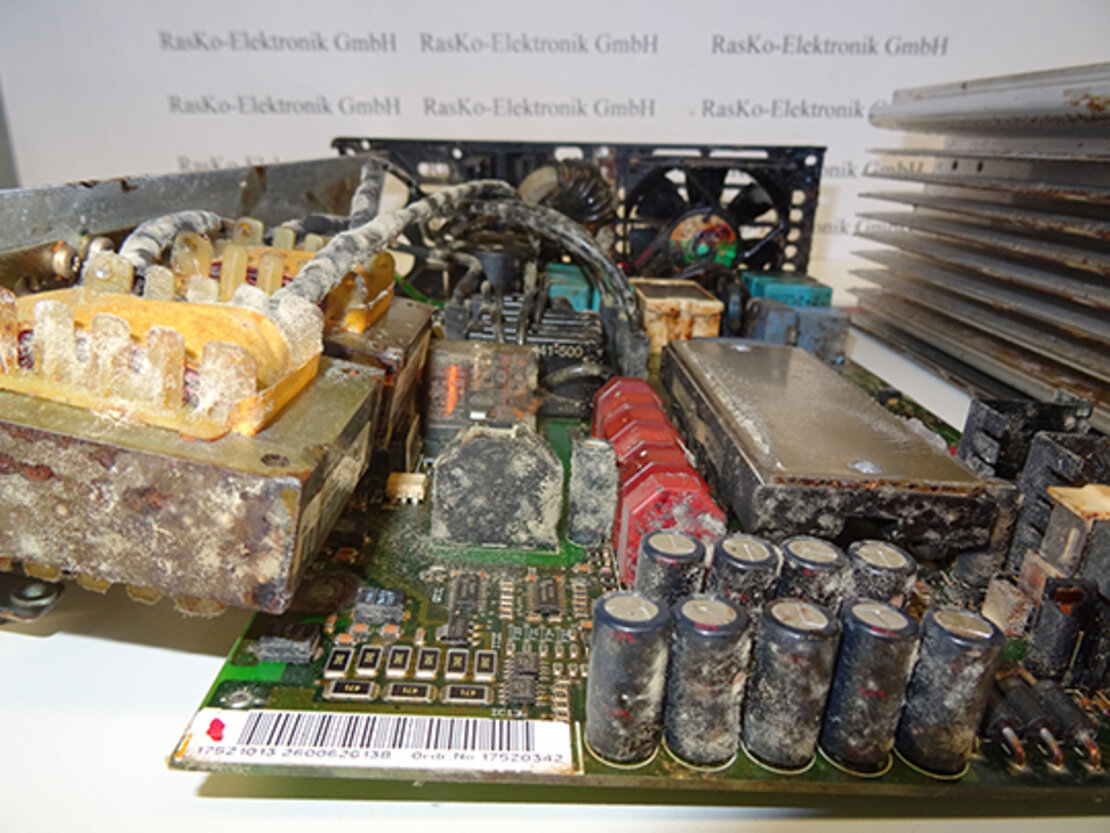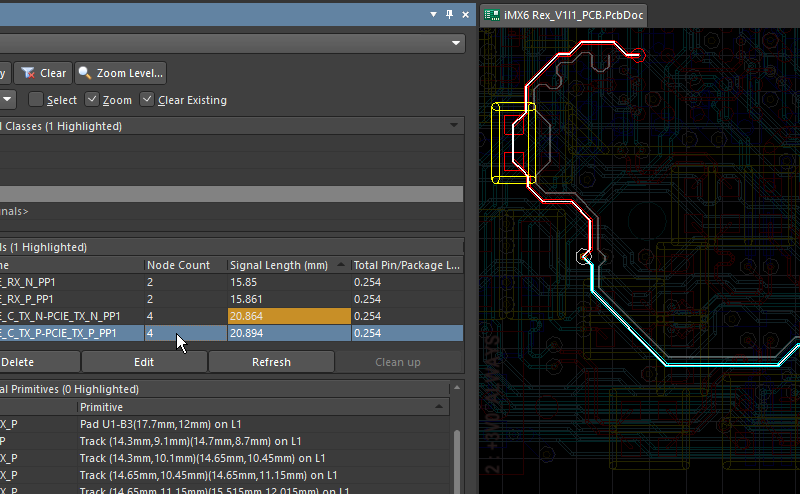Inverter technology Frequenzumrichter Danfoss SEW Lenze Siemens reparieren lassen has transformed the way we manage electrical power, offering an innovative solution for converting direct current (DC) into alternating current (AC). This technology has become an integral part of various applications, from household appliances to renewable energy systems and industrial machinery. Its versatility and efficiency have propelled its widespread adoption across diverse sectors.
At its core, an inverter is an electronic device that converts DC power, typically from batteries or solar panels, into AC power, which is used to run various devices and appliances. The fundamental purpose of an inverter lies in its ability to change the voltage, frequency, and waveform of the electricity supplied, enabling compatibility with a wide range of electrical systems.
The Advantages of Inverter Technology
Efficiency: One of the key advantages of inverter technology is its higher efficiency compared to conventional systems. Inverters use advanced control mechanisms to regulate the output voltage and frequency, minimizing power wastage during the conversion process. This efficiency not only reduces energy consumption but also helps in conserving resources and lowering utility bills.
Variable Speed Control: Inverters offer precise control over the speed of electric motors. By adjusting the frequency and voltage supplied to the motor, they enable variable speed operation, resulting in smoother and more energy-efficient performance. This feature finds applications in air conditioning units, refrigerators, and industrial machinery, allowing them to operate at optimal levels while consuming less power.

